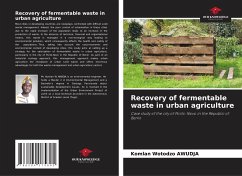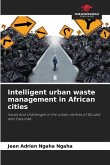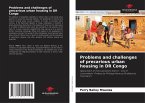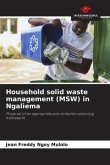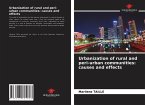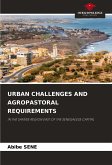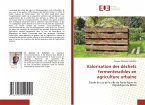Most cities in developing countries are nowadays confronted with difficult solid waste management. Indeed, the poor control of urbanization in these cities due to the rapid increase of the population leads to an increase in the production of waste. In the absence of technical, financial and organizational means, this waste is managed in a non-ecological way leading to environmental pollution, which consequently affects the health and safety of the populations. Thus, taking into account the socio-economic and environmental context of developing cities, this study aims at setting up a strategy for the valorization of fermentable waste in urban agriculture, particularly in the city of Porto-Novo in the Republic of Benin. As part of an industrial ecology approach, this management approach makes urban agriculture the receptacle of urban solid waste and offers enormous advantages for both the waste management and urban agriculture sectors.
Bitte wählen Sie Ihr Anliegen aus.
Rechnungen
Retourenschein anfordern
Bestellstatus
Storno

